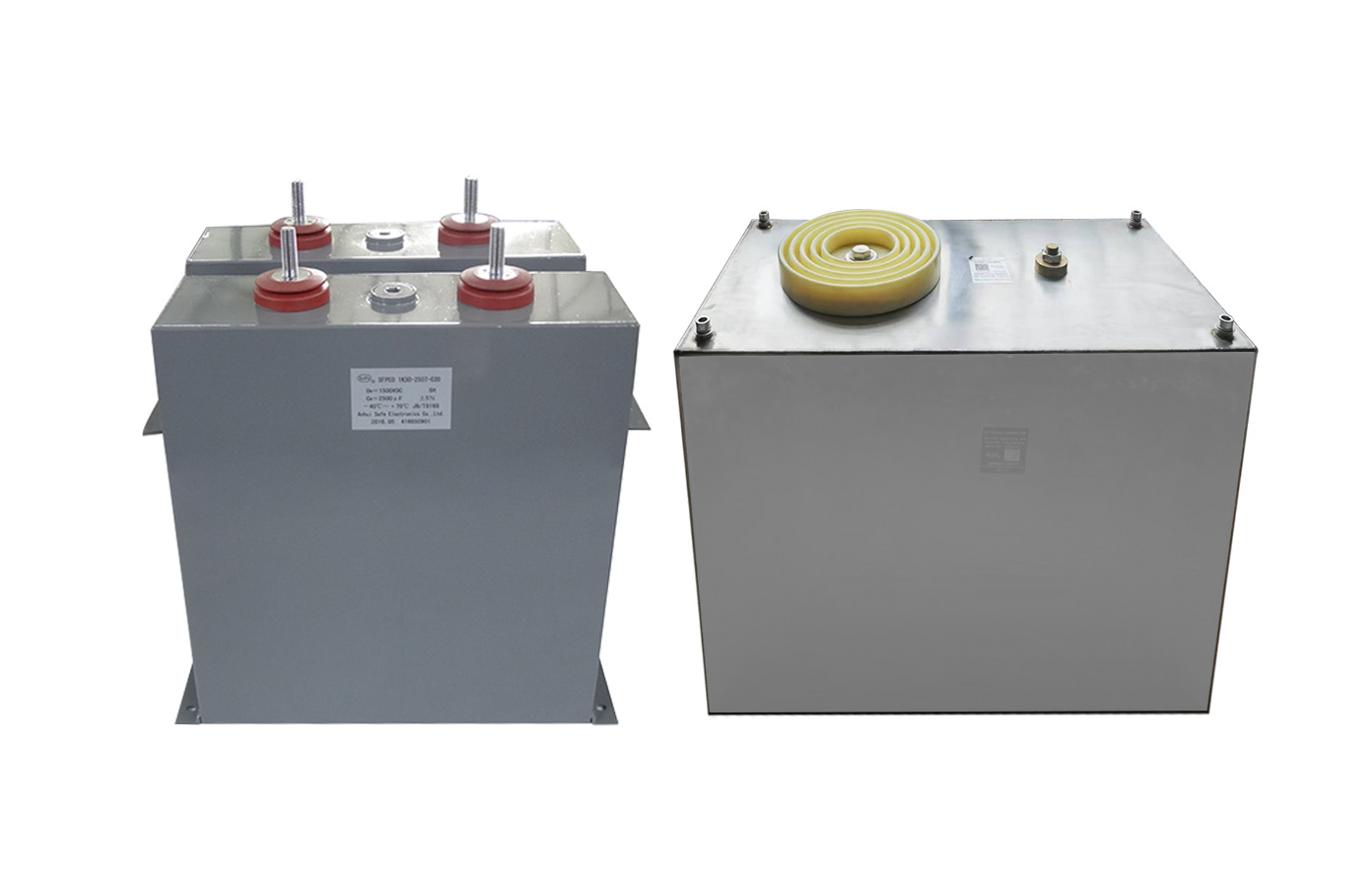Content

When it comes to solar energy systems, the efficiency and reliability of power conversion heavily depend on the quality of capacitors used. High voltage power capacitors for solar inverters play a crucial role in smoothing voltage fluctuations, reducing harmonic distortion, and ensuring stable energy output. Unlike standard capacitors, these components must withstand high DC voltages, rapid charge-discharge cycles, and harsh environmental conditions.
Solar inverters convert DC power from photovoltaic panels into AC power for household or grid use. During this process, voltage ripples and transient spikes can occur, which may damage sensitive electronics. High-voltage capacitors act as buffers, absorbing sudden surges and providing a steady current flow. They are typically found in DC-link circuits, where they stabilize the intermediate voltage before final inversion.
Choosing the right capacitor involves evaluating several technical specifications:
One major issue is electrolyte evaporation in aluminum electrolytic capacitors, leading to reduced capacitance over time. Solid-state or film capacitors offer better longevity but at a higher cost. Another challenge is thermal management—capacitors should be placed away from heat-generating components like IGBTs. Proper ventilation and heat sinks can extend their operational life.
By carefully selecting high voltage power capacitors for solar inverters, system designers can enhance efficiency, reduce downtime, and ensure long-term reliability in renewable energy applications.
Electric motors, especially those used in industrial machinery, HVAC systems, and heavy appliances, often require capacitors to provide the initial torque needed for startup. The best power capacitor for motor start applications must deliver high capacitance in short bursts while enduring frequent cycling.
Understanding the difference between these two types is essential:
Using the wrong type can lead to overheating or failure. For example, a start capacitor left engaged will overheat and bulge, while a run capacitor cannot provide sufficient starting torque.
When choosing a motor start capacitor, consider:
A failing start capacitor often causes:
Regular testing with a multimeter (checking capacitance and ESR) helps detect degradation before complete failure.
Selecting the best power capacitor for motor start applications ensures smoother operation, reduced energy waste, and longer motor lifespan.
High-fidelity audio systems demand components that minimize signal distortion, and capacitors play a pivotal role in this. A low ESR power capacitor for audio amplifiers ensures cleaner power delivery, reducing noise and improving sound clarity.
Equivalent Series Resistance (ESR) represents internal energy losses in a capacitor. In audio circuits, high ESR can cause:
Low-ESR capacitors (e.g., polymer or film types) mitigate these issues by offering ESR values below 0.1Ω.
Different amplifier stages benefit from specific capacitors:
Even the best capacitors can underperform if improperly installed:
For audiophiles and engineers, investing in a low ESR power capacitor for audio amplifiers is critical for achieving pristine sound reproduction.
Industrial equipment relies on capacitors for power conditioning, but they degrade over time. Knowing how to replace them safely is crucial. This industrial power capacitor replacement guide covers the process in detail.
Before replacement, identify symptoms of failure:
Capacitors can store lethal charges even when disconnected. Follow these steps:
Uninterruptible Power Supplies (UPS) and Variable Frequency Drives (VFDs) commonly use large electrolytic capacitors. When replacing:
Following this industrial power capacitor replacement guide minimizes downtime and ensures safe, reliable operation.
Welding machines subject capacitors to extreme conditions—high current surges, voltage spikes, and heat. A 500V power capacitor for welding machines must withstand these stresses without degrading.
By selecting the right 500V power capacitor for welding machines, operators can enhance performance, reduce maintenance, and extend equipment life.
Contact Us
News center
information
Tel: +86-571-64742598
Fax: +86-571-64742376
Add: Zhangjia Industrial Park, Genglou Street, Jiande City, Zhejiang Province, China